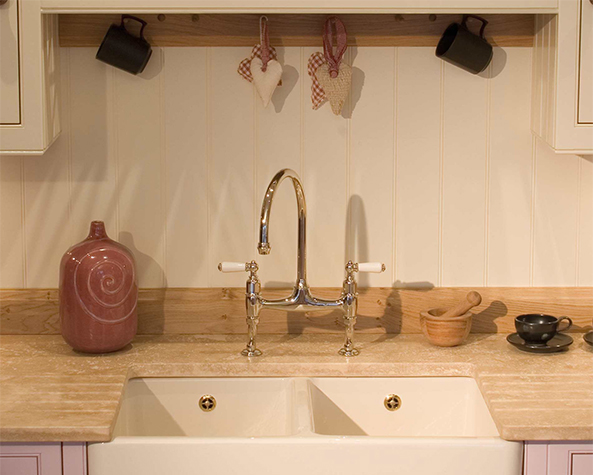Troubleshooting common issues with shower faucets can help you identify and resolve problems that may arise over time. Here are some steps to help you troubleshoot and fix common shower faucet problems:
Low Water Pressure:
Check if the water pressure is low throughout the house or only in the shower. If it's only in the shower, the issue may be with the showerhead or faucet.
Remove the showerhead and clean any debris or mineral deposits that may be clogging the nozzles.
Check for kinks or blockages in the water supply line leading to the shower faucet.
Leaking Faucet:
Inspect all connections for loose fittings. Tighten any loose parts, but be careful not to over-tighten.
If the faucet still leaks, the cartridge or seals inside the faucet may be worn out and need replacement. Depending on the faucet model, you might need to replace the entire cartridge or specific O-rings and washers.
Dripping Faucet:
A dripping faucet is often caused by a worn-out rubber washer or O-ring inside the faucet handle. Disassemble the faucet handle and replace the damaged parts.

Temperature Fluctuations:
If the water temperature keeps changing abruptly, the issue may lie with the shower valve or cartridge. Check for debris or mineral buildup inside the valve and clean it thoroughly.
If cleaning doesn't resolve the issue, the cartridge may need replacement.
Screeching or Whistling Noises:
Screeching or whistling sounds are usually caused by water flow restrictions. Check if the showerhead or faucet aerator is clogged with debris, and clean or replace it as needed.
Stuck or Hard-to-Turn Handles:
If the faucet handles are challenging to turn, check for mineral deposits or corrosion inside the handle mechanism. Cleaning and lubricating the handles should resolve the issue.
No Hot Water:
If you're not getting hot water, check if the hot water supply valve under the sink or behind the wall is fully open.
If the valve is open, the problem might be with the water heater or the shower valve cartridge. Consult a professional plumber to diagnose and fix the issue.
Always turn off the water supply to the shower faucet before attempting any troubleshooting or repairs. If you are unsure or uncomfortable with handling the repairs yourself, it's best to seek the assistance of a licensed plumber to ensure proper diagnosis and resolution of the problem.









 English
English España
España


.jpg?imageView2/2/w/320/h/320/format/jpg/q/75)









